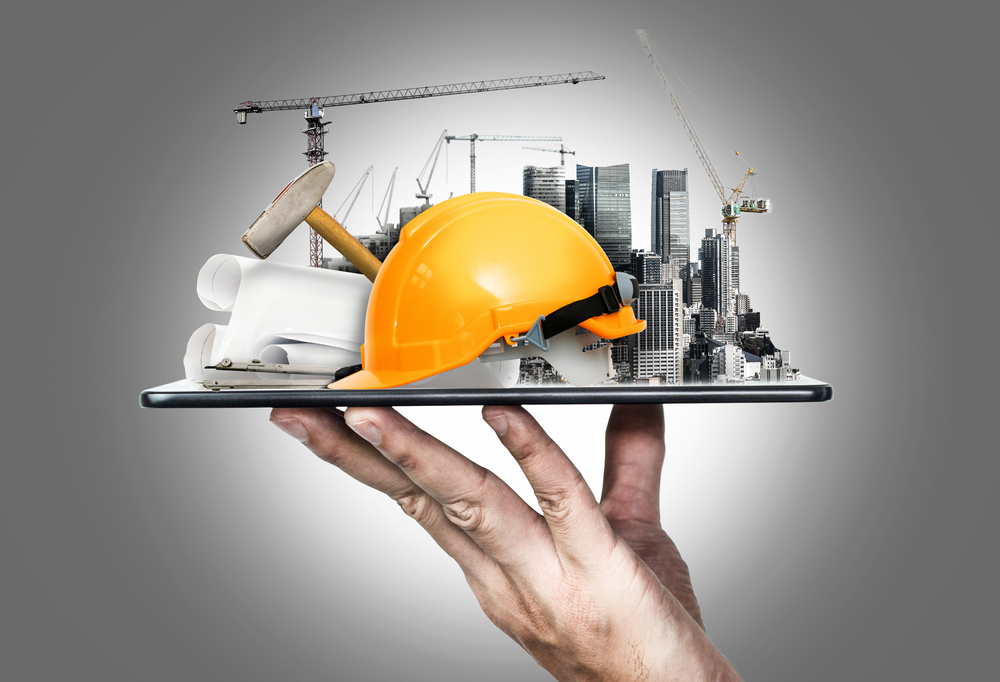As urban populations continue to rise, engineering firms are playing a central role in building smarter, more resilient cities. The integration of IoT sensors, AI-powered analytics, and sustainable building materials is reshaping how cities manage energy, water, and mobility. Engineers are at the forefront of designing systems that respond dynamically to real-time conditions, such as traffic congestion or energy demand. These advancements are paving the way for highly efficient and eco-friendly urban environments.Smart infrastructure also emphasizes the importance of resiliency in the face of climate change. Flood-resistant buildings, adaptive power grids, and sustainable transport systems are no longer optional but necessary. Engineering firms that invest in these technologies now will be leaders in the cities of tomorrow. Governments and municipalities increasingly demand such solutions, creating enormous growth opportunities.In addition to technical innovation, collaboration between engineers, city planners, and policymakers has become crucial. A shared vision is needed to ensure that smart city projects are not only technologically advanced but also socially inclusive. Engineering firms must balance innovation with community needs, ensuring equitable access to resources and services.
Global investment in smart infrastructure is projected to exceed trillions of dollars by 2030, with engineers playing a pivotal role. By focusing on sustainability and long-term resilience, engineering firms can shape cities that improve the quality of life for millions. This represents not just a business opportunity, but also a chance to make a meaningful global impact.The next decade will be a defining moment for the industry. Companies that prioritize smart infrastructure today will be recognized as the innovators and leaders of tomorrow’s engineering landscape.


































